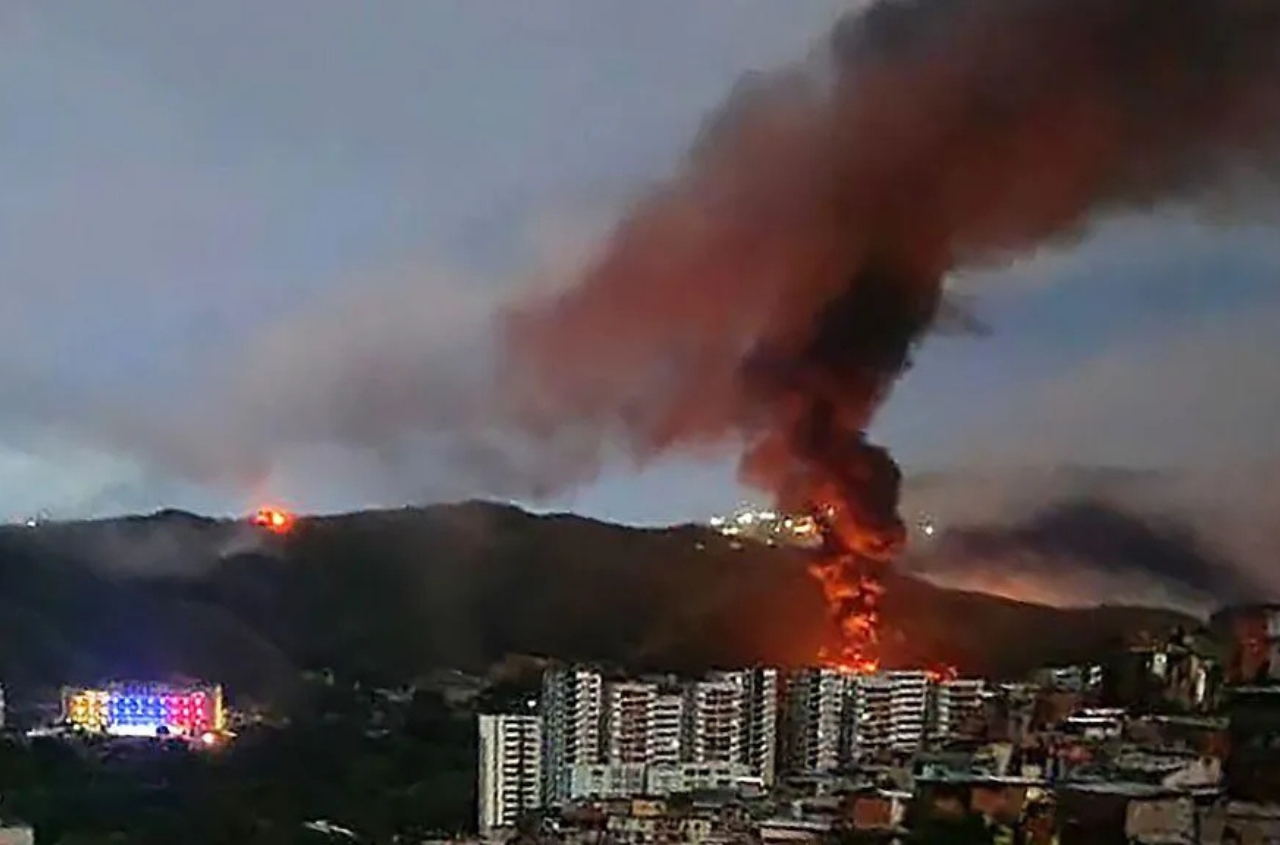The wars in Lebanon and Syria won't happen. But what will or could happen?
An expansion of Israel's control in Syria, in the provinces of Quneitra and Daraa. This is already happening right now.
And the risk of escalation with Iran is very high.
The President of Iran seems to have agreed to negotiations, but the country is a theocracy.
Ayatollah Khamenei declared that negotiations are impossible if they are conducted with Iran from a position of strength (and no one planned otherwise).
The risk of military conflict with Iran can be measured by oil prices.
If they rise sharply – that means war.
Since this is not the case yet, it means that the negotiation phase is not exhausted – Iran has just raised the stakes, as it has done before.
Houthi rebels in Yemen are also expecting escalation – Ansarallah is preparing to block the Red Sea again.
Trump's strategy in the Middle East will be directly correlated with the dynamics of the freeze in the Russia-Ukraine war.
After all, he has already declared a trade war with China, and the Middle Kingdom has accepted the challenge, but did so in a restrained manner, in the Eastern style.
This does not mean weakness, it's just how China always behaves – with no unnecessary movements.
How will Trump act within the "three-body problem"?
We will find out soon.
For now, four options are emerging.
First: Trade war with China + conflict in the Middle East with Iran + continuation of confrontation with Russia.
A catastrophic scenario for Trump. It could end politically very badly for him.
Second: Trade war with China + conflict in the Middle East with Iran + freeze in the confrontation with Russia.
This is possibly the initial basic scenario for Trump's team, solving the geopolitical "three-body" aporia by simplifying it to a "two-body" problem.
Third: Trade war with China + agreement with Iran + continuation of confrontation with Russia.
This is a scenario Trump might face due to geopolitical circumstances.
But it would mean further consolidation of the Global Eurasian Island, consisting of China and Russia in a new Eurasian project, "Mongol Empire 2.0."
In essence, this would be the US's confrontation with a Russia-China duumvirate, meaning two opponents simultaneously. A complex task. Kissinger's nightmare.
In this scenario, the US would "play" in the geopolitical triangle, unlike the previous model where the US played "the third wheel" (such as with Nixon-Kissinger's strategy to weaken the USSR through the rise of China).
Fourth: Trade war with China + agreement with Iran + freeze in the confrontation with Russia.
This might be desirable for Trump's team, but unlikely.
It would mean that Iran and Russia would navigate between the West and China, while also increasing China's geopolitical isolation (with China without major allies in confrontation with the US).
This would be a geopolitical sentence for Beijing – the US would significantly pressure China in this scenario, focusing solely on it.
As we see, a trade war with China is a geopolitical constant. Any deviation from this is extremely unlikely, as it would be seen as a victory for Beijing.
But there are two geopolitical "variables": relations with Iran and confrontation with Russia.
So, the question is who will outmaneuver whom in negotiations with Trump: Moscow or Tehran? Each side will try to strengthen its position by leveraging the other.
Iran understands that as long as the US is occupied with Russia, they won't be targeted.
Russia knows that if a big war with Iran starts, the US will redirect its entire geopolitical potential to the Middle East.
And the world will need Russian oil, just like in the 1970s during the energy crisis and the Arab embargo amidst the escalating situation in the Middle East.
The "Brezhnev stagnation" era began precisely then, with high oil prices.
By the way, in scenario number four, Russia could likely offer its services as a mediator in a US-Iran deal.





















